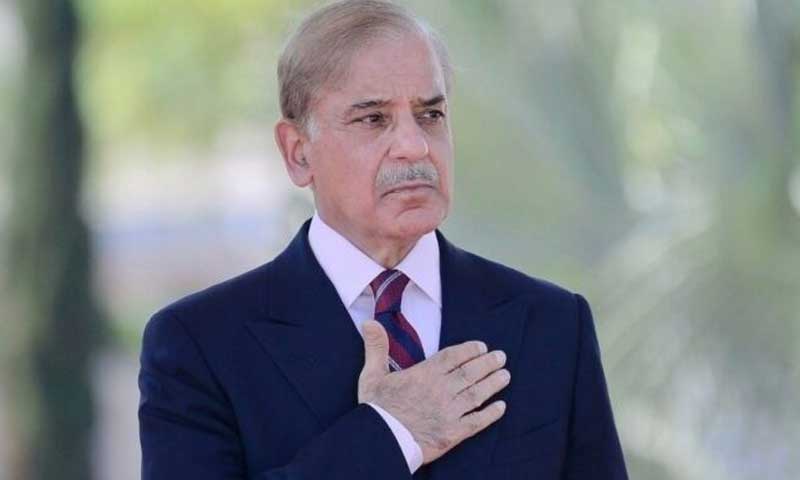ISLAMABAD: Prime Minister Shehbaz Sharif on Friday announced the formal launch of “CPEC 2.0,” the next phase of the China-Pakistan Economic Corridor, emphasizing that the initiative will focus on business-to-business partnerships and expanded regional cooperation.
Addressing the Regional Transport Minister Conference in Islamabad, the prime minister said the flagship project—originally signed by then prime minister Nawaz Sharif—had opened new avenues for trade and connectivity, linking markets across South Asia, Central Asia, China, and the Middle East.
“By connecting Gwadar Port with China’s port network, we have created new routes for commerce, opportunity, and cultural exchange,” he said. He added that CPEC’s next phase would strengthen collaboration not only with Chinese companies but also with “brotherly countries” to promote shared goals of peace, prosperity, and sustainable growth.
Highlighting ongoing efforts to enhance regional transport infrastructure, the prime minister pointed to projects such as the Trans-Afghan Railway and the Islamabad-Tehran-Istanbul rail corridor, describing them as key initiatives that would revolutionise cross-border trade. He also noted Pakistan’s participation in the TIR Convention, which he said had given a “quantum boost” to regional connectivity and people-to-people linkages.
The premier underscored that Pakistan’s prosperity depended on empowering its youth and expanding digital connectivity across borders to fully participate in the Fourth Industrial Revolution. “Connectivity today goes beyond roads and ports—it means building digital bridges that link economies, ideas, and opportunities globally,” he said.
Read More: SP Asad Zubair among four martyred in Hangu attacks
Shehbaz said that with nearly 60 percent of Pakistan’s population under the age of 30, the country’s youth represented both a challenge and an immense opportunity. “Our youth will be the harbinger of Pakistan’s prosperity,” he remarked, stressing that investment in digital skills, innovation, and technology-driven industries would be key to unlocking national growth potential.
He reiterated the government’s commitment to creating an environment that empowers young Pakistanis to lead the nation into a new era of economic growth and regional cooperation, powered by knowledge and connectivity.





